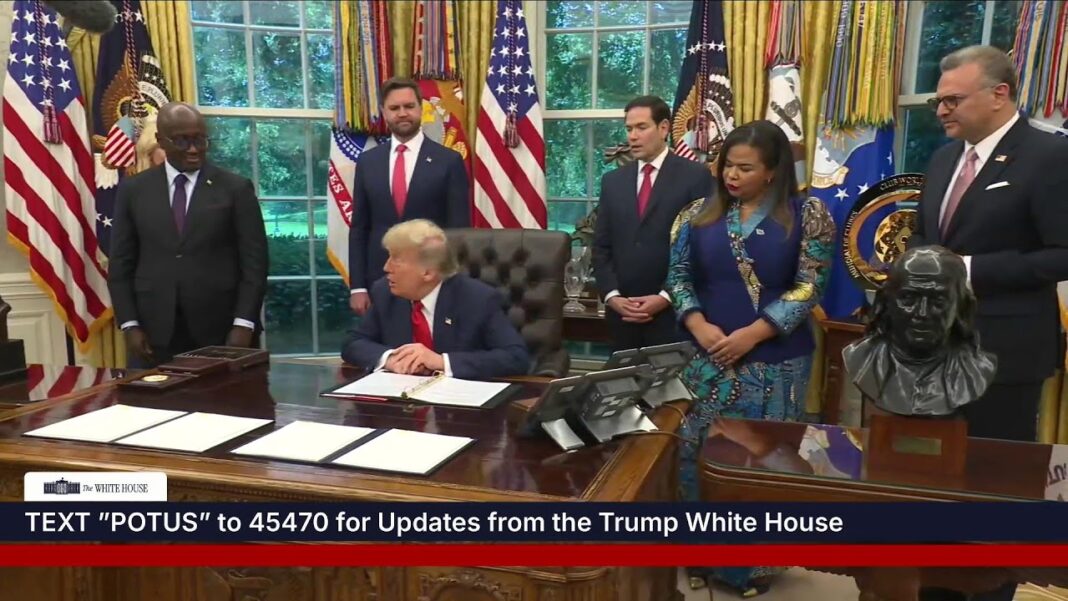Commentary
The Food and Drug Administration’s recently convened expert panel on talc may not generate headlines like a new vaccine or breakthrough cancer drug, but it deserves the full attention of every American who cares about science, transparency, and personal freedom. Despite what critics might claim about supposed “cuts” to scientific research under the Trump administration, what we are seeing now with the FDA’s talc inquiry is how government should approach health policy: identify a potential concern, gather credible experts, and evaluate the evidence deliberately before acting.
Let’s state the obvious: the use of talc—whether in cosmetics, food, or pharmaceuticals—is widespread. Talc is in a number of foodstuffs and health care products. An estimated 20 million Americans ingest it every day. And while talc itself has long been considered safe for ingestion, increasing evidence has raised uncomfortable but essential questions: Is talc itself a carcinogen, or is the problem limited to asbestos contamination in some talc sources? Can talc trigger inflammatory diseases, or contribute to rising rates of gastrointestinal cancers in young Americans? Are there lower-risk alternatives? These are not conspiracy theories. These are questions rooted in science and worthy of investigation.
That’s what the FDA has done. Instead of issuing sweeping bans or bureaucratic overreach, the agency assembled a panel of experts—including pathologists, toxicologists, epidemiologists, industry chemists, and regulatory veterans from around the globe—to examine the facts. This is government at its best: humble enough to admit what we don’t yet know, and confident enough to ask the hard questions in a public forum. Contrast this with past health panics—like the poorly handled asbestos saga—that were driven more by fear and litigation than by evidence or deliberation.







